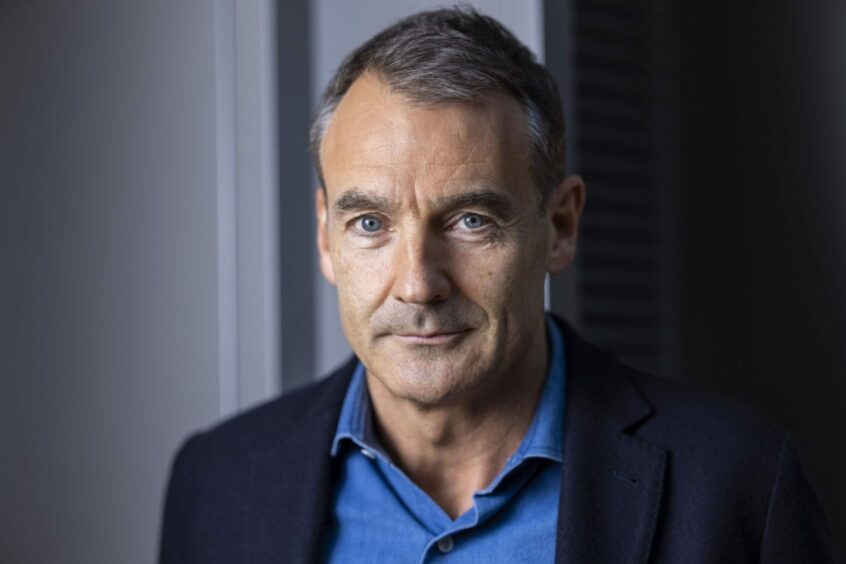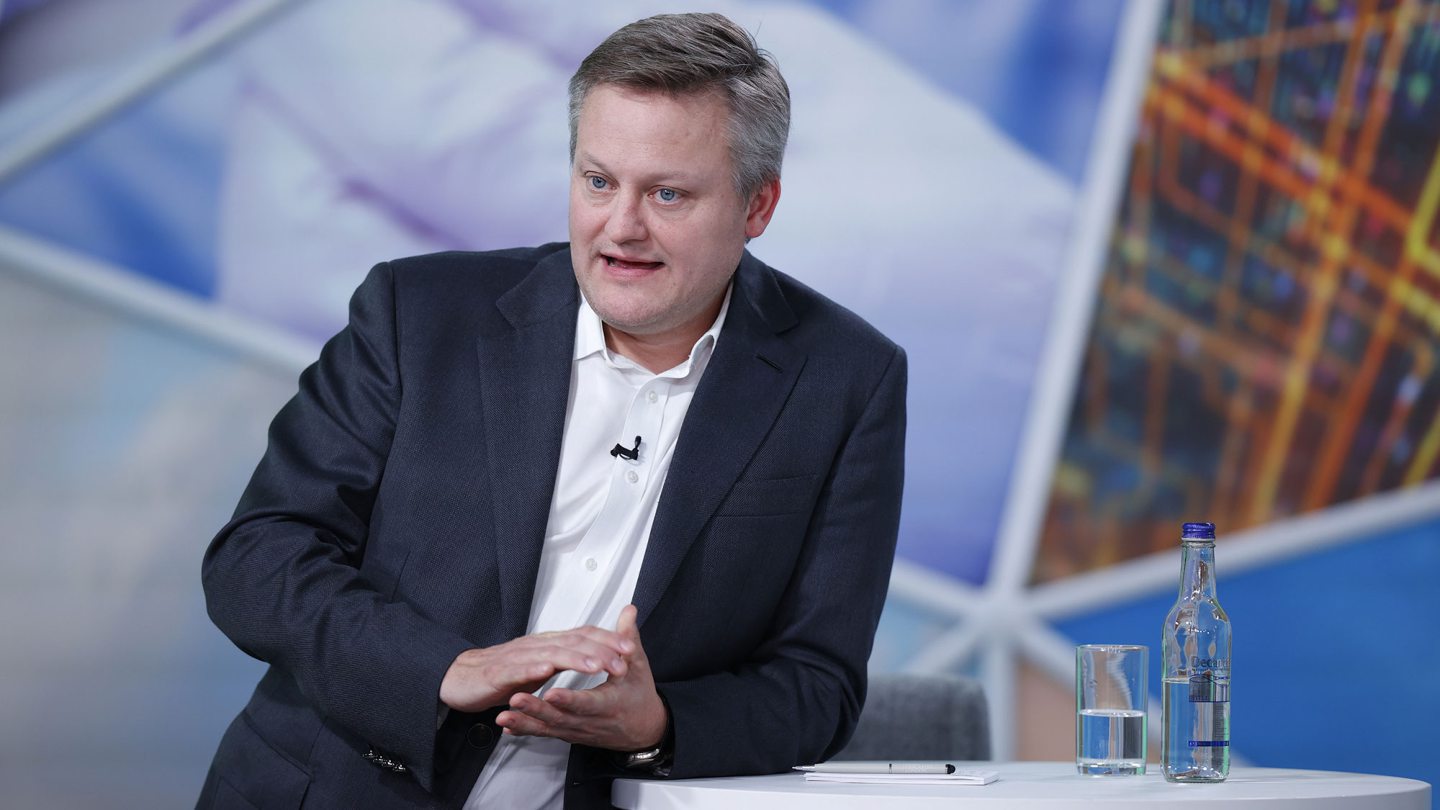
BP (LON: BP) has confirmed its CEO Bernard Looney has resigned after an investigation into his “conduct in respect of personal relationships with company colleagues” and misleading the board.
The oil supermajor said the board received allegations from an anonymous source in May 2022, which was followed by Mr Looney disclosing “a small number of historical relationships with colleagues prior to becoming CEO”.
No breach of the company’s code of conduct was found– however further allegations were received recently and BP has started investigating.
BP said: “Mr Looney has today informed the Company that he now accepts that he was not fully transparent in his previous disclosures. He did not provide details of all relationships and accepts he was obligated to make more complete disclosure.”
CFO Murray Auchincloss will step in as interim CEO.
BP added: “The Company has strong values and the board expects everyone at the Company to behave in accordance with those values. All leaders in particular are expected to act as role models and to exercise good judgement in a way that earns the trust of others.”
The news will rock the 114-year-old energy giant, which was previously led by American Bob Dudley.
No decisions have yet been made over Bernard Looney’s remuneration.
‘Missteps of this magnitude aren’t what investors expect’
Sophie Lund-Yates, lead equity analyst at Hargreaves Lansdown: “BP is one of the biggest players in British business, missteps of this magnitude aren’t what investors expect from one of the country’s most influential C-suites. Strong governance and conduct controls are rightly non-negotiables, and the emergence of a second round of allegations relating to Looney’s improper disclosure of relationships has proved a bridge too far.
“BP is now in a position where a permanent replacement needs to be found. A clear path forward needs to be forged sooner rather than later to limit negative sentiment. This of course all lands at a time when oil majors are already grappling to boost their ESG credentials, which adds weight to the problem. Looney has spearheaded an aggressive and green-thinking strategy during his tenure, and replacing him with someone that can convince the market they’re up for carrying the mantle and sprinting with it, isn’t going to be an overnight task.
“The recent oil price spike only provides a limited cushion under BP’s valuation, with longer-term forecasters far more concerned about strategy and how well-prepared BP is for the energy transition. In comparison to peers, BP’s net zero targets have cast shadows on other oil players, and the group needs to reconfirm its commitment and ability to get this done if it wants to remain in a preferable position.”
John Moore, senior investment manager at RBC Brewin Dolphin, said: “BP is going through a business transformation programme that recognises the significant changes in the energy market. While the departure of the CEO midway through this process isn’t ideal, there is depth in the management team to cope until a suitable replacement can be found.”
BP’s statement in full:
BP plc announces that Bernard Looney has notified the Company that he has resigned as Chief Executive Officer with immediate effect.
Murray Auchincloss, the Company’s CFO, will act as CEO on an interim basis.
In May 2022, the Board received and reviewed allegations, with the support of external legal counsel, relating to Mr Looney’s conduct in respect of personal relationships with company colleagues. The information came from an anonymous source.
During that review, Mr Looney disclosed a small number of historical relationships with colleagues prior to becoming CEO. No breach of the Company’s Code of Conduct was found. However, the Board sought and was given assurances by Mr Looney regarding disclosure of past personal relationships, as well as his future behaviour.
Further allegations of a similar nature were received recently, and the Company immediately began investigating with the support of external legal counsel. That process is ongoing.
Mr Looney has today informed the Company that he now accepts that he was not fully transparent in his previous disclosures. He did not provide details of all relationships and accepts he was obligated to make more complete disclosure.
The Company has strong values and the Board expects everyone at the Company to behave in accordance with those values. All leaders in particular are expected to act as role models and to exercise good judgement in a way that earns the trust of others.
No decisions have yet been made in respect of any remuneration payments to be made to Mr Looney. In accordance with section 430(2B) of the Companies Act 2006, particulars of any such decisions will be disclosed at such times as, and to the extent that, any such decisions are made.
Bernard Looney tenure as BP CEO
The Irishman ran BP’s upstream business since April 2016 until taking up the CEO job in 2020. He has been at BP since 1991 when he joined as a drilling engineer in the North Sea.
As CEO Bernard Looney oversaw an effort to transform the oil giant into a post fossil fuels powerhouse, but later pulled back on some of the more ambitious targets and revived spending on crude and natural gas.
In April 2020, Looney said oil and gas would be a “smaller, but core part” of the London-listed supermajor as it “pivots” to net zero.
As part of that plan, he pledged to cut oil and gas production by 40% over the following decade.
However, following the invasion of Ukraine and the subsequent energy supply crunch, BP said in February of this year it would instead cut oil and gas production by only 25% by 2030 and hand more cash back to shareholders.
Bernard Looney’s tenure has also included the lows of the pandemic, when results staggered for the energy majors and BP cut 10,000 jobs, which it announced in 2020.
He then saw the highs and record-breaking results of more recent years, which contributed to the addition of the windfall tax on UK North Sea producers, and similar measures in Europe.
An Irish citizen, Mr Looney grew up in County Kerry and in 1991 gained a degree in Electrical Engineering from University College Dublin. He later, in 2005, gained a MS in Management from Stanford Graduate School of Business.
He is a fellow of the Royal Academy of Engineering, a fellow of the Energy Institute and is also a mentor in the FTSE 100 Cross-Company Mentoring Executive Programme.
Recommended for you

 © Supplied by BP
© Supplied by BP